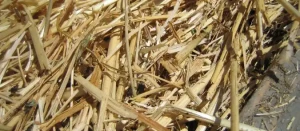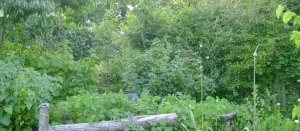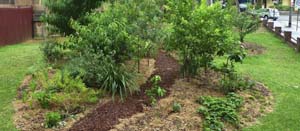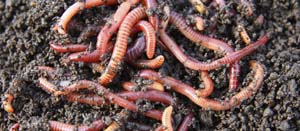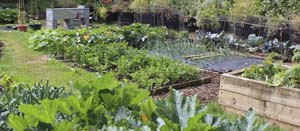SEARCH RESULTS > ARTICLES > Garden waste
The no-dig method, also known as no-till gardening, is a sustainable and organic approach to cultivating vegetables without disturbing the soil structure. This gardening technique has gained popularity among gardeners due to its numerous benefits for soil health, plant growth, and overall garden productivity. Unlike traditional gardening methods that involve tilling, digging, and turning the soil, the no-dig method emphasizes minimal soil disturbance. Instead of breaking up the soil, gardeners layer organic materials on top of the ground to create nutrient-rich soil beds where plants can thrive. By implementing the no-dig method, gardeners can improve soil structure, enhance soil fertility, and promote beneficial soil organisms such as earthworms and microorganisms. Additionally, this approach helps to conserve water, reduce weed growth, and minimize soil erosion. Learn More
Gardening is not just about growing beautiful flowers or tasty vegetables; it's about creating a sustainable and harmonious ecosystem. Regenerative gardening practices aim to restore and enhance the health of the environment, soil, and biodiversity. In this article, we will explore various regenerative gardening techniques that empower gardeners to contribute positively to the planet. Learn More
As urbanization continues to rise, creating sustainable gardens in small spaces has become a crucial aspect of promoting eco-friendly living. Urban permaculture, a design approach that mimics natural ecosystems, offers innovative solutions for cultivating thriving gardens in urban environments. Learn More
Worms in your garden provide several benefits, making them valuable allies for gardeners and the overall ecosystem. Here are some of the advantages of having worms in your garden. Learn More
Setting up an edible garden can be a rewarding and sustainable way to grow your own food. Learn More
